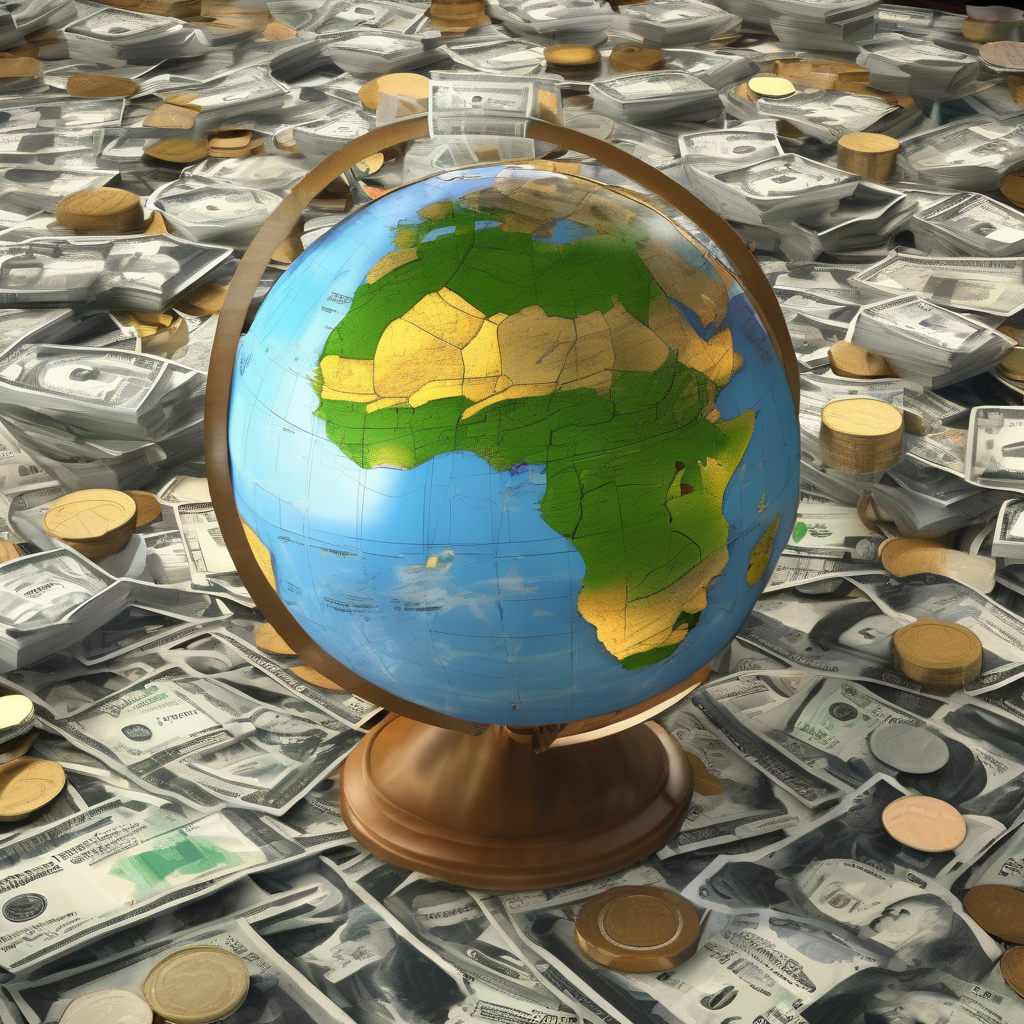During the COP30 Leaders’ Summit in Belém, Brazil, UN Climate Change Executive Secretary Simon Stiell underscored the pressing need for global leaders to expedite their efforts in combating climate change. Stiell acknowledged that while the Paris Agreement has made strides in addressing global warming, current initiatives fall short of preventing potentially catastrophic outcomes.
Reflecting on the advancements made since the Paris Agreement was established in 2015, he called on nations to ramp up their commitments to avert a future dominated by unchecked temperature rises. “Without that act of collective courage, we would still be headed for an impossible future of unchecked heating, of up to 5 degrees,” he warned. On a more optimistic note, he noted that international cooperation has positively influenced projections, managing to reduce expected temperature increases to below 3°C. This shift, though still concerning, illustrates the tangible benefits of collaborative action.
Stiell praised the significant investments in renewable energy, highlighting that last year saw $2 trillion directed toward renewables—twice the amount allocated to fossil fuels. This shift was further reflected in the fact that renewable energy sources made up 90% of new global power capacity, pointing to a promising transition towards sustainable energy solutions.
Nevertheless, Stiell cautioned that “Paris is not working fast enough,” emphasizing the necessity for countries to bolster their Nationally Determined Contributions (NDCs) and improve access to climate financing. He described financial support as “the great accelerator” necessary for fostering green growth and resilience across nations. The ambitious Baku to Belém Roadmap aims to escalate funding from $300 billion per year to $1.3 trillion by 2035, a goal Stiell stressed is critical to achieving.
Stiell framed climate finance as a vital investment in global stability and prosperity rather than mere charity. He asserted that every dollar spent on climate solutions generates significant returns, including job creation, improved air quality, enhanced health outcomes, and fortified energy and food security. He urged for climate funds to be “scaled up, sped up, and spread out.”
In closing, Stiell reiterated that the Paris Agreement embodies the essence of global cooperation, but its execution must be both quicker and more equitable. He asserted, “History will not ask what we intended. It will ask what we achieved,” highlighting the urgency for decisive action in climate initiatives.
The discussions at COP30 resonate with prior commitments made in earlier conferences, where world leaders emphasized the necessity for robust financial pledges to assist vulnerable nations, particularly small island developing states, in adapting to climate impacts. This ongoing dialogue reflects a collective hope for the future, advocating for initiatives that balance economic progress with environmental stewardship. It showcases the potential for a brighter future as the global community continues its commitment to address the challenges posed by climate change.
